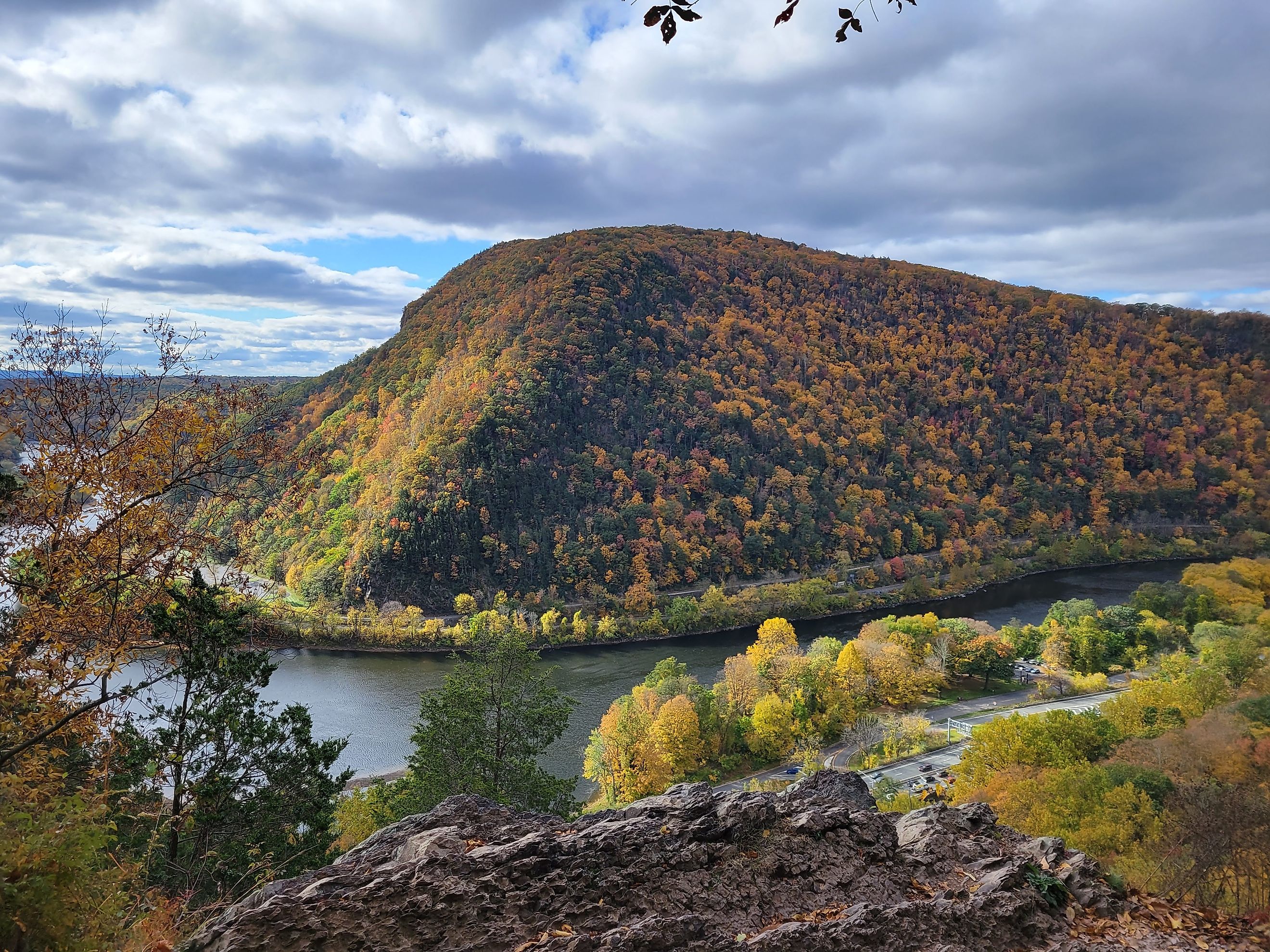
7 Bizarrely Named Towns In Delaware
Delaware, America's First State, draws from its diverse history and is a melting pot of cultures and placenames. This article explores eight towns with interesting placenames, which provide a window into each municipality's history. Delaware is also home to vital ecosystems, diverse wildlife, and notable landmark attractions; these towns are no exception. Delve into the rich narratives and unique charm of these uniquely named places.
Slaughter Beach
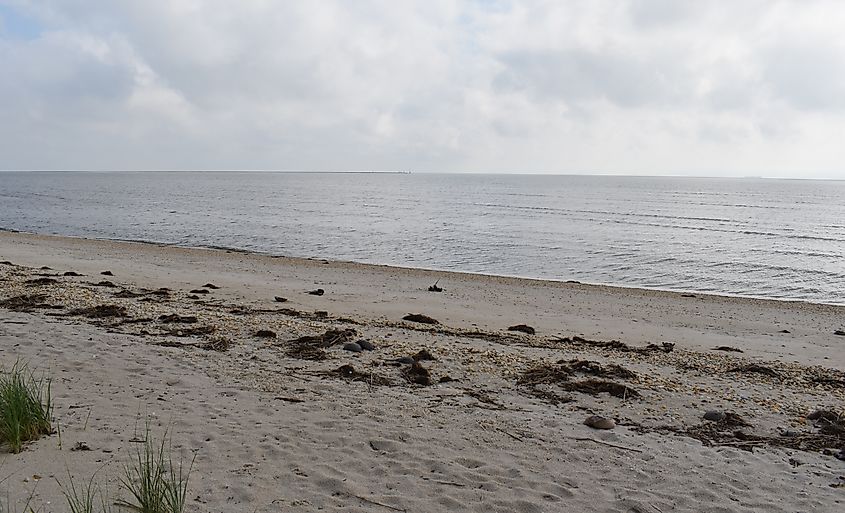
Slaughter Beach, with a population of about 240, sits waterside along the Delaware Bay, facing southern New Jersey. First founded in 1681, the place's name origins remain obscure: the official town website cites the unconfirmed theory that its name may have derived from a long-ago postmaster named Slaughter. Today, the town prides itself on its environmental stewardship, serving as a sanctuary for marine life, notably horseshoe crabs. For example, the Marvel Salt Marsh Preserve is a protected natural area with abundant birds, turtles, and other local wildlife.
Broadkill Beach
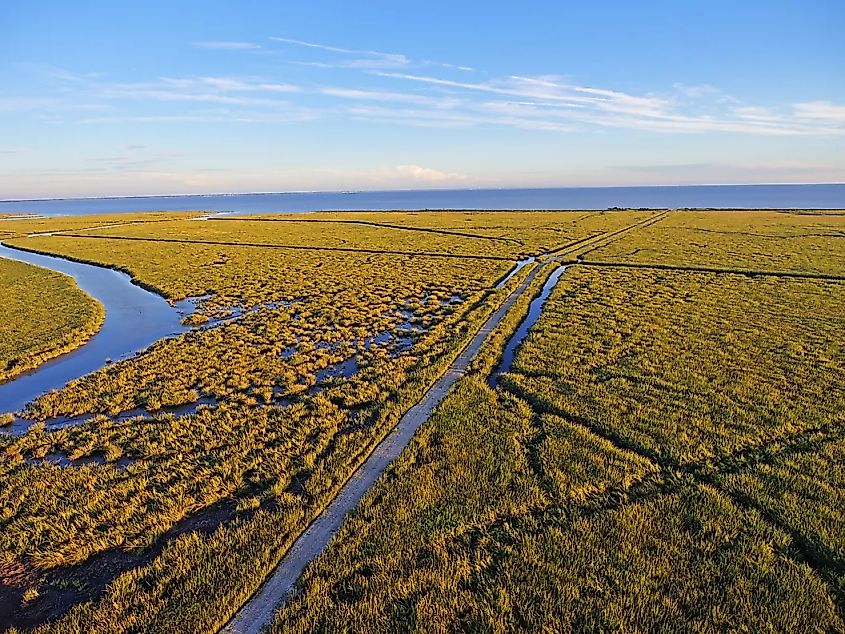
The town of Broadkill Beach shares the Delaware Bay with its neighbor Slaughter Beach just to the north. The town name has Dutch language origins. Broadkill Beach is home to several resorts and hotels designed to welcome locals and out-of-towners alike. The nearby Prime Hook National Wildlife Refuge is a memorable place where birding is a vibrant, local pastime. Watersport enthusiasts can rent ocean kayaks or paddleboards, and holidaymakers can plan to come here for its celebrated annual Fourth of July events.
For a taste of the truly local, head to The Broadkill Store. Closed in the winter, it opens in warmer months to sell souvenirs and a locally famous sticky bun to residents and visitors alike. The place has even instated a tradition called "Sticky Bun Tuesday," where sweet tooths can get a gooey treat and participate in a Broadkill Beach tradition.
Corner Ketch
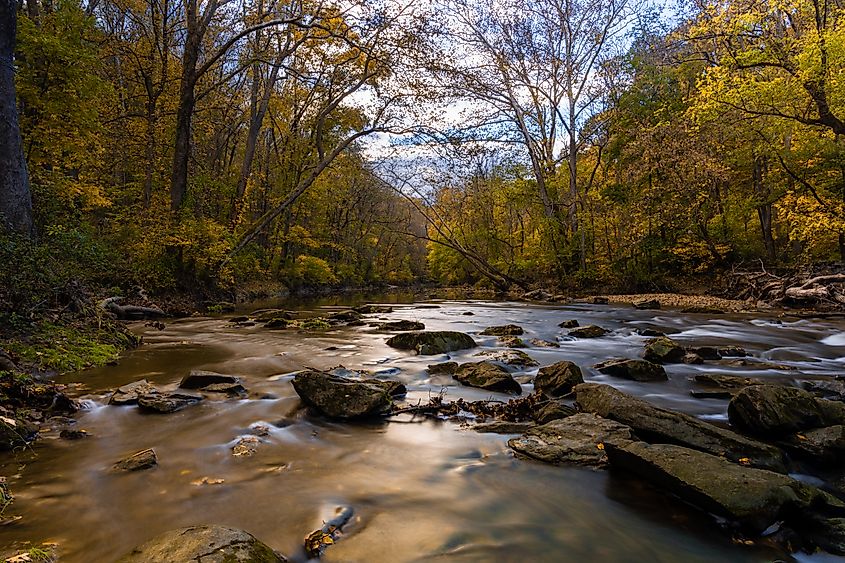
As in Slaughter Beach, the precise origins of the term "Corner Ketch" remain undetermined. Some say the word comes from cache, French for 'hiding place,' or from the word kedge, which was an old English term for a tavern or rest stop. Corner Ketch is near the curving Pennsylvania-Delaware state border. As a rural area in the northwest part of the state, there are not a lot of obvious draws to this quiet zone, but that may be precisely the reason to come through and stay awhile.
Gumboro
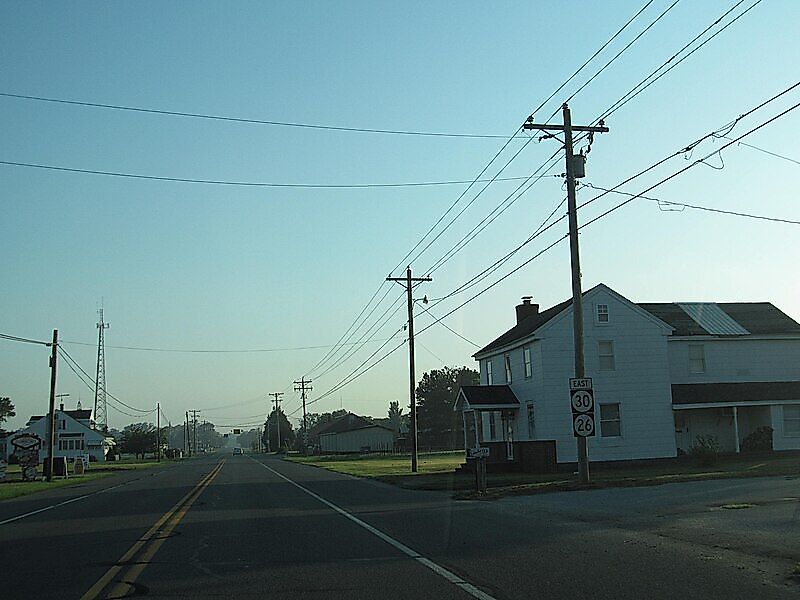
Across the border from Maryland, Gumboro remains true to its roots as a long-standing farming community. Some say the town's name sprang from a white gum tree native to the area. Gumboro is notable for its strong community resources. The town recently renovated the former Gumboro School, used today as a community center for celebrations, town meetings, and other gatherings. West Woods Methodist Episcopal Church provides spiritual services to Gumboro and was added to the National Register of Historic Places in 2007. Other points of interest in Gumboro include The Barn Door, an antiques shop in the heart of this small town.
Bacons

Despite the image its name might bring to mind, this is not a town famous for its breakfast food. Bacons, part of Sussex County in southern Delaware, is also known locally as Bacons Switch. The small town, set in southern Delaware just above the Maryland state line, takes its name from the Bacon family, who helped settle the area, later built a sawmill here for processing timber, and founded a basket-making business.
The notion of a 'switch' comes from Bacons' time as a railroad hub, starting from the late 19th century. Bacons served as a switch point between the nearby towns of Laurel and Delmar on a straight north-south rail line, giving rise to the modification to Bacons Switch from Bacons as a standalone town name.
Wyoming
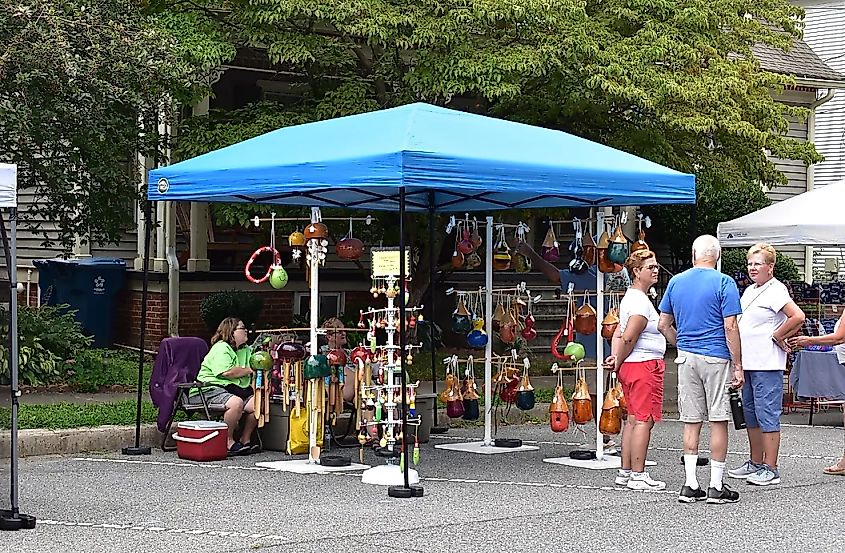
The name sounds decidedly western, but Wyoming, a north-central Delaware town of 1,900, came into being late by some mid-Atlantic standards, in 1856. Like in Bacons, the development of a railroad, in this case, the Delaware Railroad running through the state, boosted rapid development. Sources say the place took its name from the Wyoming Valley in neighboring Pennsylvania, the former home of a reverend who brought a church and further planning to the town in the 1860s.
With the railroad supporting steady local growth, Wyoming grew into an agricultural center, notably for cultivating apples and peaches. Today, the town celebrates an annual Peach Festival, with other foods and a peach dessert contest, held downtown on the aptly named Railroad Avenue.
Pot-Nets
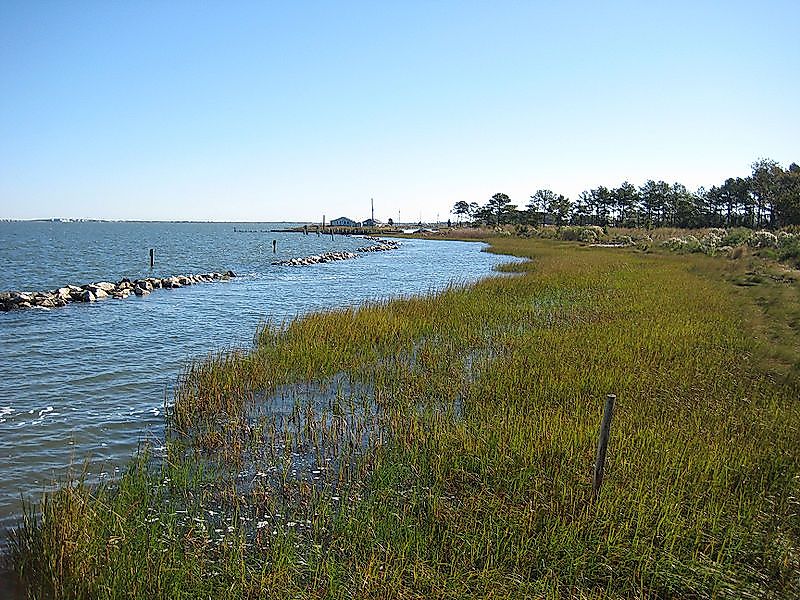
As the name suggests, Pot-Nets takes its unusual moniker from the pots and nets used to catch crabs and other shellfish in Indian River Bay, where the community sits. Residents and visitors can enjoy views from Pot-Nets Point, also known locally as Lingos Point, which faces eastward to Indian River Bay and the Atlantic Ocean beyond.
Delaware's Bizarrely-Named Towns Are Some of Its Best
Although some of Delaware's town names might seem bizarre, their natural and manmade attractions make them appealing places to visit and enjoy. Slaughter Beach and Broadkill Beach are quite different from their dangerous-sounding names. Places like Corner Ketch and Gumboro capture the best of Delaware's serene rural areas. Towns such as Wyoming offer hidden opportunities for fun, including sampling peaches and other sweet treats. If these unusual names draw us into Delaware's charming corners, the varied points of interest can keep us engaged much longer, making for pleasant visits.










